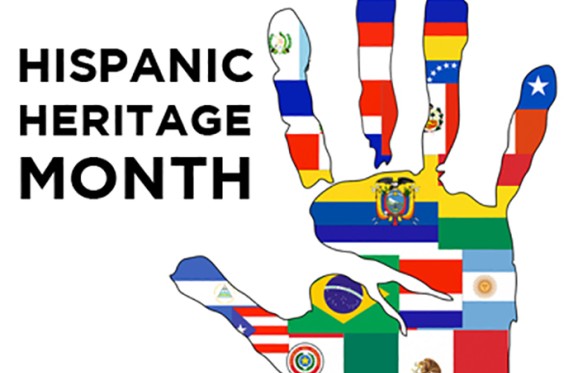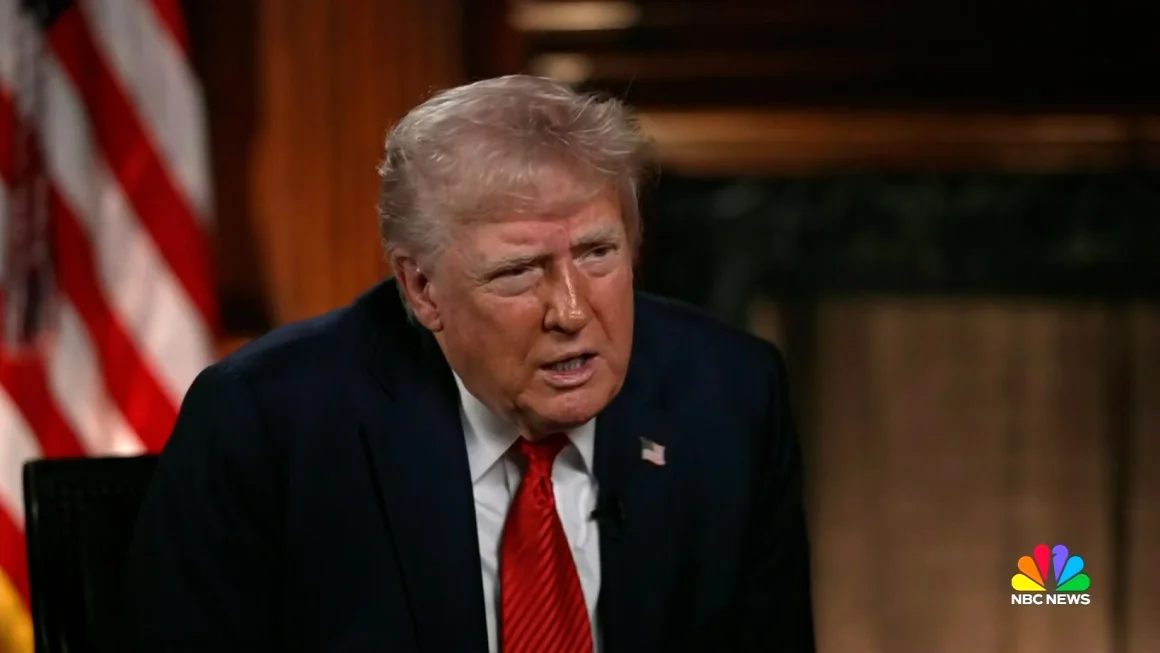Multiple universities are denying the federal funding compact from the Trump Administration. It was sent to 9 universities since the beginning of October, which guaranteed funding advantages if the institutions humbly agreed to certain policy changes. The compact requires all the universities to ban DEI programs and limit international students for federal funding. The Trump administration plans to remodel the compact based on any feedback from the university leaders. The plan consistently mentions DEI programs, which stand for Diversity, Equity, and Inclusion. These programs are meant to promote full participation and fair treatment for all people in our world, particularly for those who are
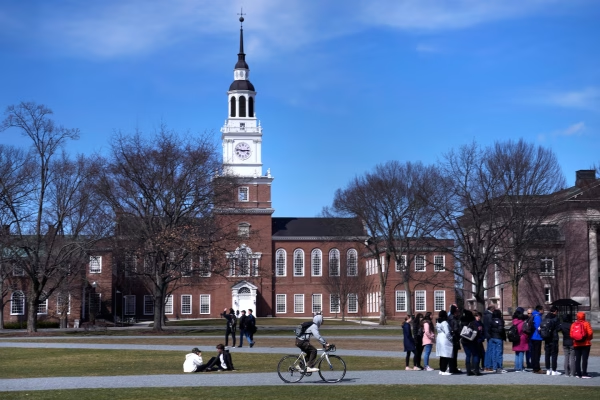
from historically underrepresented groups. On Monday this week, the University of Arizona declined the offer by the administration to join the compact that would possibly give preferential funding in exchange for a list of changes to the university’s policy. This would include no longer considering ethnicity and gender in admissions and restricting international enrollment.
White House officials last week held a virtual meeting with some leaders in the U.S. universities to discuss the Administration’s proposed compact for Academic Excellence in higher education. This follows a series of denials from top institutions that signal limited support for the plan.
At the time of the publication, 7 universities were invited by the Trump Administration to the meeting, including Arizona State University, Washington University in St. Louis, Missouri, and the University of Kansas. These universities have not received the proposal that was sent on October 10. 1, 2025. 4 other institutions like Dartmouth College, University of Texas at Austin, University of Arizona, and Vanderbilt University were also invited to attend the virtual conference. It appears that the University of Virginia was involved in the meeting; however, they declined to join the compact. It was not certain yet whether its rejection came before or after the conversation. The Trump Administration said that they are required to make sure the United States Universities are merit-based, which means they would reward financial aid based on the college students’ achievements, talents, and skills, other than financial needs. Many Universities and higher education advocates were saying that the White House proposed agreement would weaken the merit-based process that is currently utilized to award research grants.
According to the University of Arizona, they said their leaders had not agreed to the terms offered; however, they pledged to collaborate with the federal government by submitting a Statement of Principles to the Department of Education. The University’s president, Suresh Garimella, told the campus community a number of the proposed federal recommendations. He also wrote that they deserve thoughtful consideration, as

our national higher education system could possibly benefit from any reforms that have been way too slow to develop. Multiple suggestions are already in place at the university. At the exact same time, principles like merit-based research funding, academic freedom, and institutional efficiency are foundational and to be maintained.
Daniel Diermeier, Vanderbilt’s chancellor, commanded the campus community. On Monday, the school would continue the discussion with the others and the Administration. The Compact for Academic Perfection in Higher Education is a new attempt to get universities to agree with the Trump Administration priorities, like getting rid of the Diversity, Equity, and Inclusion requirements, and ensuring more conservative viewpoints and diverse values are integrated into the campus community. A conservative viewpoint is where they emphasize traditions, limited government, a strong national defense, and individual liberty. The key tenets provide economic freedom through free markets and financial responsibility, religious values, and the importance of traditional social values, established institutions, and incremental change. It could also involve skepticism of political change or radical social change, which is a belief in the rule of law and a sign of respect for traditional values such as religion, family, and patriotism.
Earlier this month, the Trump Administration offered this to 9 universities, casting it as a means for the colleges to gain a competitive advantage for charitable and federal benefits and invitations to White House events in return for the Trump Administration, which considered
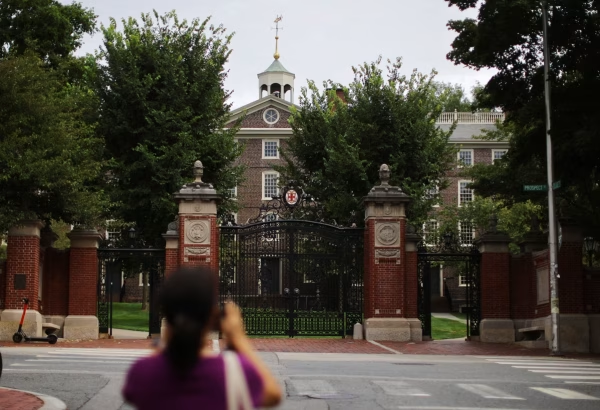
it as a compliance with the civil rights policy, and to pursue federal priorities with vigor. Varderbilt University showed suspicions about the compact; however, it said it had responded to some feedback by an October 20, 2025, deadline without officially accepting it or denying it. The University of Texas at Austin hasn’t made any public decision about it yet.
After the conference at the White House on Friday last week, the University of Virginia rationally rejected the offer and said it valued the collaboration with deference. In a statement by interim President Paul Mahoney, he said there are multiple areas of agreement in the proposed compact, and they believe that the best way toward durable and real progress lies in a collaborative and open discussion. An official from the White House determined that other universities, such as the University of Arizona and Vanderbilt University, are still reviewing the proposal; however, 5 other schools, including Dartmouth University, the University of Pennsylvania, Brown University, the Massachusetts Institute of Technology, and the University of Southern California, have declined to join the compact. A part of the plan for the Administration is to freeze all of the universities’ effective educational ratings for 5 years, post the earnings of graduate students with a specific major, and expand opportunities for service associates.
According to a White House associate, they said that UVA was declining the offer, and Trump officials on Friday last week convened representatives from the university and many other universities, including 3 other additional universities that had been previously asked to
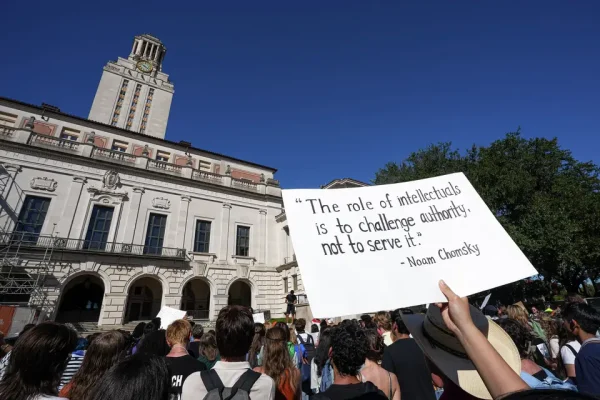
attend the compact. The offers come as the Administration attempts different strategies of crafting an unfamiliar level of control over the universities, including the centers of cultural debate in American life. Furthermore, a college couldn’t have more than 15% international student population if they sign the compact, and universities with a talent higher than $2 billion wouldn’t be able to charge education for undergraduate students going into hard sciences. In exchange for those and other negotiations, the schools would get a priority in funding decisions. The Administration also added that the compact will be offered to other universities in the future.
The ideological pressure was reflected during a call on Friday, which the White House coordinated and presented as a chance to work on the terms of the compact in collaboration with the universities and colleges that haven’t yet responded. On the authority of a person who is close to the situation, who has spoken on the contrary of obscurity because of the sensitivity of the scenario. The proposal of the Compact is part of the White House’s broader initiative that is pushed to remodel U.S. higher education. The effort has also involved freezing the billions in research grants and presenting many civil rights investigations into antisemitism accusations and campus discrimination. Some other universities, including Brown, Columbia, and Penn State, were able to reach settlements to restore federal funding, along with Harvard, which continues to resist the offer and has pursued legal attempts against the Trump Administration. So while the situation is still up in the air, we should keep ourselves informed, as this could affect college students for decades to come.
Sources: https://www.cnn.com, https://thehill.com, https://economictimes, https://www.washingtonpost.com, https://www.europeanbusinessreview.com










